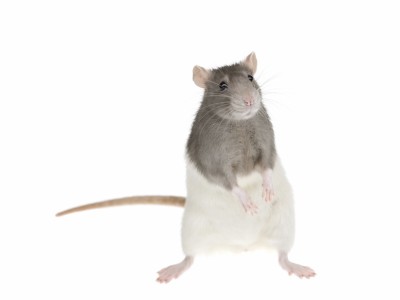
In just over two weeks since we released our latest exposé, more than 3,000 people have already contacted the British Heart Foundation (BHF) to complain about their funding of cruel oxygen deprivation experiments on rats.
The BHF has now sent a standard reply to people who have taken action, and we would like to address some of the points it makes:
1.We are puzzled by the BHF’s statement that the research ‘was not designed to understand how to prevent heart damage in patients with cardiovascular disease, though the results are likely to be relevant.’
The BHF’s website article that alerted us to the research is very clear in its emphasis. It was on helping to ‘alleviate symptoms of people suffering from certain heart defects, high blood pressure and reduce the risk of stroke and heart attack.’[1]
2.The BHF states that the research could not have been ethically conducted on people, so rats had to be used instead.
If it was not possible to use human volunteers, or any of the wide range of non-animal methods that are available, then the researchers needed to find a different way of discovering the information they were looking for. Fundamental differences between species mean that the results from experiments on rats cannot be reliably translated to people. These differences relate to anatomy, organ structure and function, metabolism, chemical absorption, genetics and lifespan.
3.The BHF states that ‘the majority of life saving treatments available to heart patients today were developed using animal research.’
It is true that animals have been extensively used in medical research and that life-saving drugs and treatments do exist. However, this does not mean that animals were essential in the development of these treatments, and there have been many cases where the misleading results of animal experiments have hindered medical progress. Gleevec, a drug used to treat leukaemia, is a case in point. It was almost abandoned as it causes severe liver toxicity in dogs, but the manufacturers persisted due to the promising results of human cell culture tests.
The key point is that animal experiments do not produce results that can be reliably translated to humans, and the scientific community is becoming increasingly doubtful about their utility. An article published on May 30 in the prestigious British Medical Journal (BMJ) highlighted the problems with using animals in research as ‘models’ of humans.
4. The BHF says ‘currently, there are no alternatives which can reproduce the complicated workings of our hearts and circulatory systems’
Those in favour of vivisection often argue that it is the only method which allows researchers to study whole body systems. We do not believe that this is strictly true (studies on human volunteers are a case in point) but carrying out research on the wrong complex system (i.e. rats instead of humans) provides information that is often misleading, and constitutes a terrible waste of time, resources and ultimately animals’ lives.
[1] https://www.bhf.org.uk/news-from-the-bhf/news-archive/2014/december/dietary-nitrates
